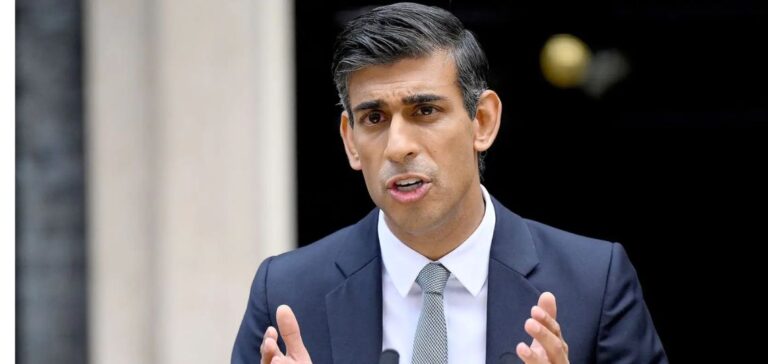The UK authorities have announced the award of 27 hydrocarbon exploration and drilling licenses in the North Sea. According to the North Sea Transition Authority (NSTA), these are the first of 115 applications. They have been allocated to priority areas likely to come into production quickly. Beneficiaries include industry giants such as Shell, TotalEnergies and Equinor.
The Role of Oil and Gas in the British Energy Mix
The NSTA justified this decision by pointing out that oil and gas account for three quarters of the country’s energy needs. According to forecasts, these resources will continue to play a significant role in the UK energy mix for decades to come. In addition, the government has announced its intention to grant hundreds of additional licenses in the North Sea in the near future.
Contestation by environmental NGOs
This decision has been strongly criticized by environmental NGOs, notably Greenpeace, who have already challenged the award of new licenses in court. According to these organizations, the awarding of these licenses serves corporate interests to the detriment of the environment and long-term energy security. They argue that these decisions will do nothing to reduce household energy bills, and will only increase the profits of already wealthy companies.
Climate Commitments at Risk?
The decision to award these licenses comes at a time when the UK appears to be slowing down on some of its climate commitments. Experts and companies in the sector, including British insurer Aviva, have expressed concerns about the direction taken by the government, which appears to be prioritizing short-term energy security over long-term sustainability.
The UK government’s award of 27 new exploration and drilling licenses in the North Sea raises crucial questions about the balance between short-term energy needs and long-term environmental commitments. While companies in the sector welcome this decision, NGOs and some experts warn of the environmental risks and call for a reassessment of the country’s energy priorities.






















